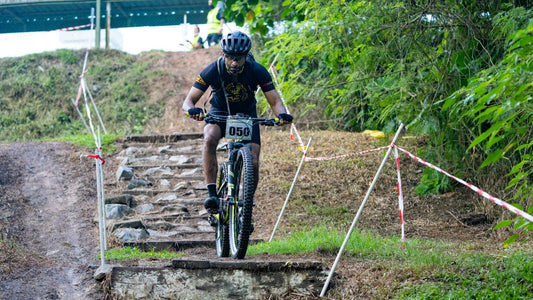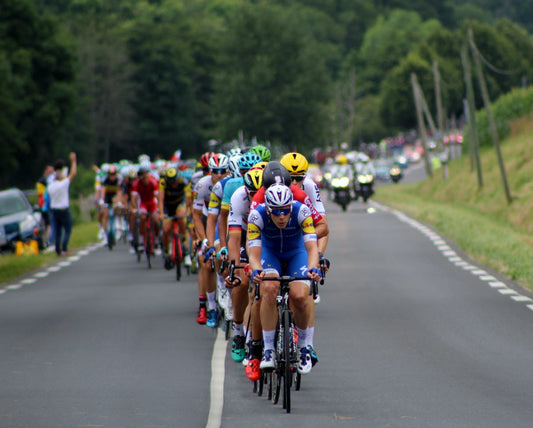IND-i-vuh-duhl tim tay-shuhl stayj
noun, noun phrase
A time trial stage in which each cyclist races alone against the clock.
Example usage: The Individual Time Trial Stage is the last event of the triathlon.
Most used in: Triathlon competitions around the world.
Most used by: Triathlon cyclists and coaches.
Popularity: 8/10
Comedy Value: 2/10
Also see: Individual Time Trial, ITT, Time Trial, TT,
What is an Individual Time Trial Stage?
An Individual Time Trial Stage (ITT) is a type of stage in a cycling race where each rider competes against the clock instead of the other competitors. It is the ultimate test of an individual’s power, speed and endurance. The rider with the fastest time is declared the winner.
In an ITT, each rider starts at a predetermined interval and is timed from the start to the finish line. The time taken by each rider is then compared to the time taken by the other riders and the rider with the lowest time is declared the winner. It is a very tactical race as riders must pace themselves and conserve energy to ensure they have enough power to finish the race.
ITTs are often used in the Tour de France and other big cycling races to decide the overall winner. During these events, the riders’ times are added up and the rider with the lowest cumulative time is declared the winner. In 2019, the Tour de France included three ITT stages and the overall winner, Egan Bernal, won two of them.
Individual Time Trial Stages are a great way to test the individual ability of a rider and can make for some thrilling moments in a cycling race.
The Origins of the Cycling Term 'Individual Time Trial Stage'
The term 'Individual Time Trial Stage' first came into use in the early 1900s when bicycle racing began to become a popular sport. The first time it was used was in the 1903 Tour de France, which was a multi-stage race in which cyclists raced against the clock. The first time trial stage was held on the 13th of July, 1903 and was won by Maurice Garin.
The time trial stage was designed to give the racers a challenge as it required them to race against themselves, as opposed to racing against their competitors. This meant that each racer had to find the best way to manage their speed and endurance in order to complete the stage in the quickest possible time. This became a popular way to test the skills of the riders and continues to be used in modern cycling events.
The term 'Individual Time Trial Stage' is now used in a variety of cycling events, including road races and mountain bike races, and is used to refer to a stage in which riders race against the clock. It is an important part of cycling as it tests the skills and endurance of the riders, and is a popular way for cyclists to challenge themselves.












